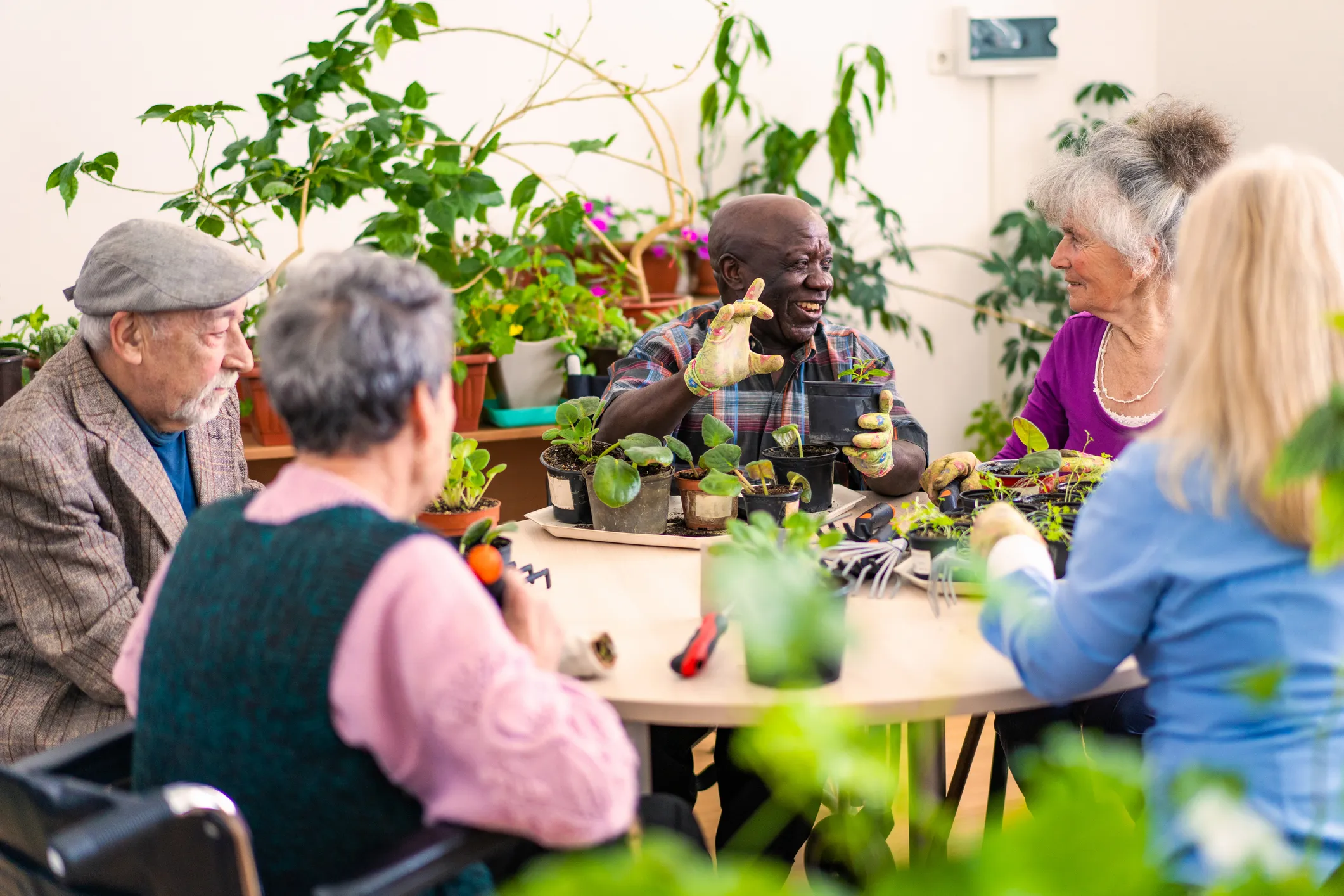
A study which examined the lifestyles of hundreds of older adults found that those who spent time gardening had better cognitive function in later life than those who did not.
Importantly, this was the case even when accounting for a person’s socio-economic status, time spent in education, childhood cognitive ability, health, and overall level of physical activity in older age.
Researchers say the findings provide some of the first evidence that gardening activity in older age is associated with small, but detectable, cognitive benefits over the life-course.
Long-term study
Researchers made their findings as part of a long-term study that is tracking participants throughout their lifetimes.
It follows people born in the Edinburgh area who sat an intelligence test aged 11, with hundreds of participants asked to sit the same exam at age 79.
The test included questions requiring verbal reasoning, spatial ability, and numerical analysis.
Throughout the long-term study, participants also gave details of their lifestyles and completed frequent assessments of their thinking skills up to the age of 90.
Of the 467 people tested, almost 31 per cent had never gardened, but 43 per cent regularly did.
On average, the 280 who frequently or sometimes gardened showed greater lifetime improvement in cognitive ability compared with those who never gardened or rarely did so. Between the ages of 79 and 90, cognitive ability, including memory, problem solving, and word fluency, generally declined across the board, but the earlier advantage of gardeners endured.

